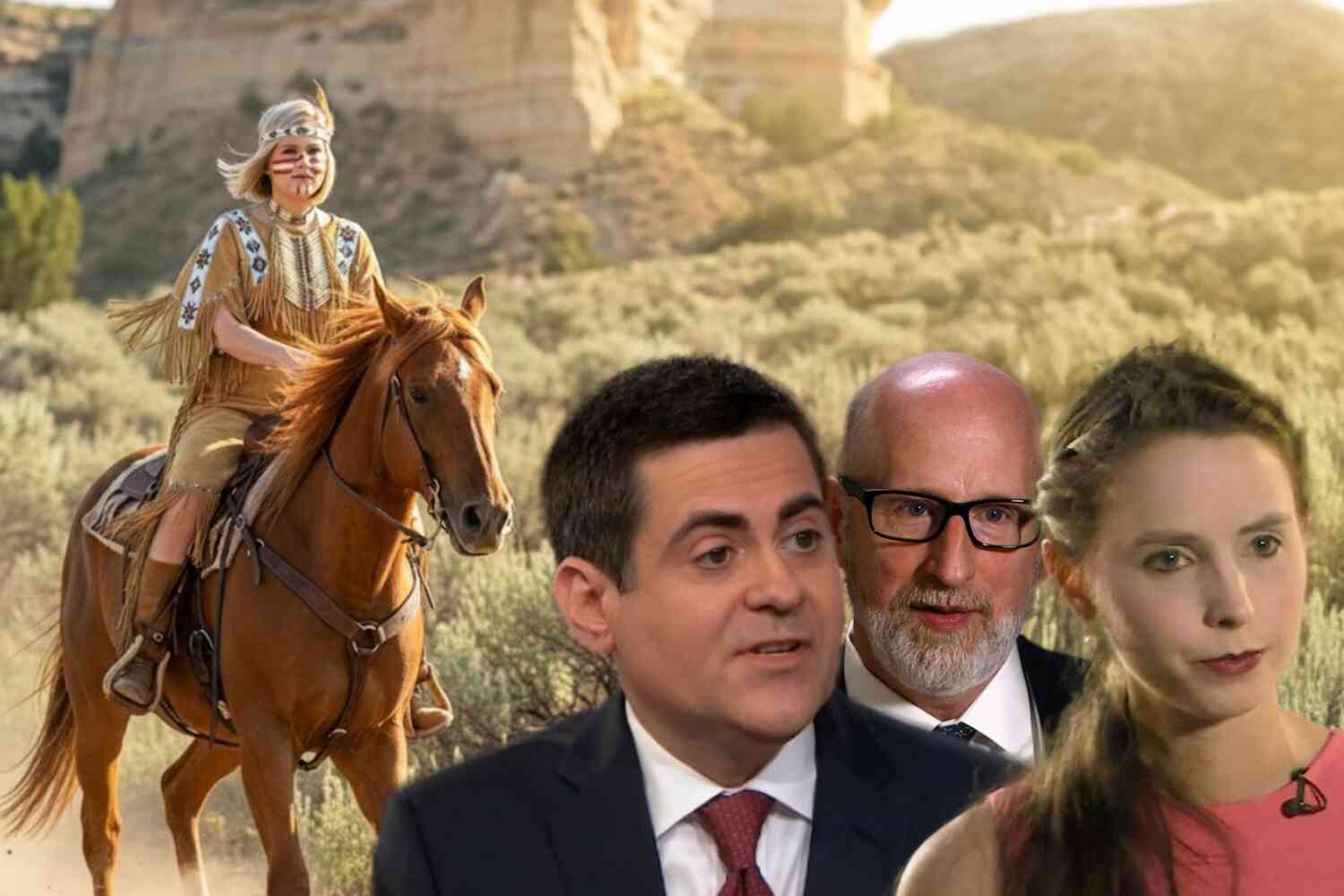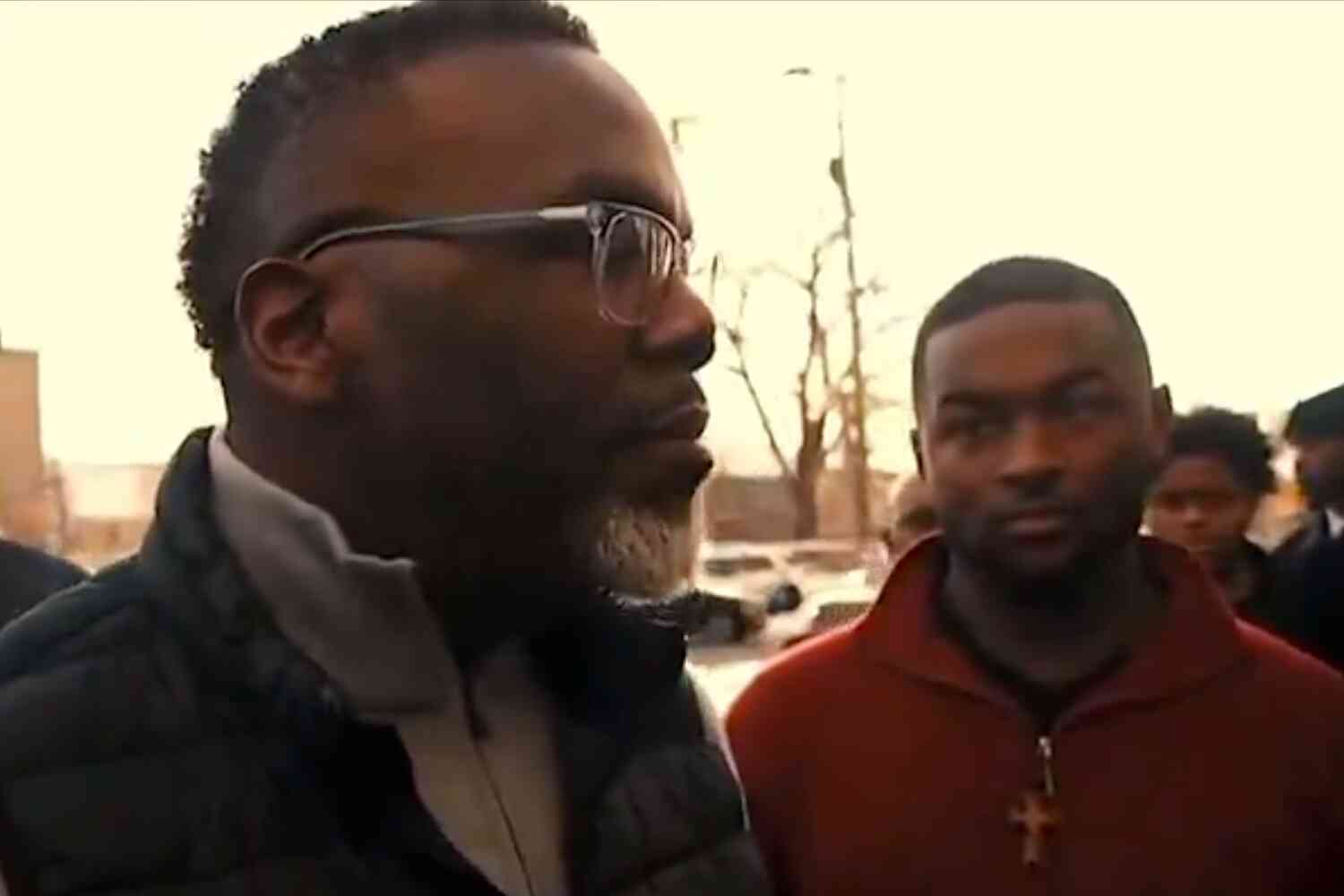The most common question I've received throughout my professional life as a public high school teacher has been some variation of this: "How do you handle not being able to speak freely about your Christian faith in the classroom?"
And while I've previously written in greater detail about my 20+ year approach to how I try to honor Christ in a public-school setting, suffice it to say that I've always advocated for playing by the rules. Laws that prevent me from openly speaking the name of Jesus to students, or weaving it into any curriculum, do not prevent me from openly showing the love of Jesus every day I'm there.
My approach has always been to foster relationships with young people, and do my best to model the kind of lifestyle that depicts one whose heart belongs to the King. I pray for the Spirit to manifest His fruit in my life so that it would provoke honest and earnest questions that outside of class, and outside of my official role as a government-school employee, I can answer.
While God has been gracious to produce more than a few such situations through the years, recent events in our culture have me second-guessing myself and questioning my strategy. Was there a better way? It appears so.
For weeks, left-wing activists posing as teachers and administrators have been picketing and rabble-rousing over the state of Florida's parental rights education bill that was signed by Governor Ron DeSantis. The new law forbids teachers from discussing age-inappropriate conversations about sex and gender with their students.
As part of their partnership with the Democrat Party, MSNBC has worked diligently to paint the law as dehumanizing LGBT teachers. They've hosted educators like Cory Bernaert, a Kindergarten teacher in Florida, to explain why the kind of limitations placed on him by this new legislation effectively erases his identity.
Let's break down Mr. Bernaert's grievance…
- It hits his heart professionally because it shows a lack of trust in his professionalism, and it limits his ability to have honest conversations with 5-year-olds.
- It hits his heart personally because kids ask who the person in his pictures is, and why they're important to him, and he should be able to speak to that.
- Being an educator means building relationships, and that requires discussing hobbies, interests, and what we do on the weekend.
- Other kids have similar home lives to him, and he wants to affirm them.
We could fairly sum up Cory's complaint this way: being LGBT is an integral part of his identity and who he is as a person. A law that forbids him talking about sex and gender essentially erases that very important part of what brings his life meaning. It makes him less relational, less interpersonal, less understandable for his students. The law makes him deny who he is, and thus hampers his ability to live honestly with those he's attempting to instruct.
Again, I'm trying to be as fair as I can be in representing the logic behind the opposition. Because if that is legitimate, if that is reasonable, if that is persuasive, then tell me why I can't say the same thing about the laws that prevent me as a teacher openly talking about my Christian faith?
After all, notice how I can use those exact same points in pressing my case.
- Those laws are offensive professionally because they show a lack of trust in my professionalism, and they limit my ability to have honest conversations with 17-year-olds.
- Those laws are offensive personally because kids ask what that Bible is on my desk, they ask why I have a picture of some robed man walking on water sitting on my desk, and I should be able to speak to that.
- Being an educator means building relationships, and that requires discussing hobbies, interests, and what I do on the weekend.
- Other kids have similar beliefs as me, and I want to affirm them.
Being a Christian is an integral part of my identity and who I am as a person. A law that forbids me talking about Jesus essentially erases that very important part of what brings my life meaning. It makes me less relational, less interpersonal, less understandable for my students. The law makes me deny who I am, and thus hampers my ability to live honestly with those I'm attempting to instruct.
See, the truth is that the hypothetical panic over a misnamed "Don't Say Gay" bill is nothing compared to the decades of actual "Don't Say Jesus" laws that have been enacted – oddly enough by the very same political party that is suddenly so upset about silencing the authenticity of American educators.
For years I've heard and come to believe that public institutions like schools should take a position of neutrality on these intimately personal matters, and instead confine themselves to things like grammar, algebra, and Newton's second law.
But if those rules are now changing, and we teachers are to be free to discuss with our students who we are, what we believe, what gives us meaning and purpose, and most importantly how I think they can be better humans if they believe like I do, I'm game.
In fact, it's about time the law stopped erasing my identity every time I stepped into my classroom.
P.S. Now check out our latest video 👇
Disclaimer: The opinions expressed in this article are those of the author and do not necessarily reflect the opinions of Not the Bee or any of its affiliates.









